Thyroidectomy is the surgical removal of part or all of the thyroid gland. This page has basic information for tonsillectomy, such as the types of surgery, risks, benefits, etc. Read ahead to find out more.
Happy Patients
Disease
Hospitals
Cities
Thyroidectomy is the removal of all or part of the thyroid gland in case of severe thyroid infections. Thyroid is a butterfly-shaped bilobed gland placed at the base of the neck that produces metabolic hormones. Thyroidectomy is the most effective treatment for a variety of thyroid disorders like thyroid cancer, thyroid enlargement (goiter), overactive thyroid gland (hyperthyroidism), thyroid nodules, etc.
While medical management is the most prevalent treatment for thyroid problems, surgery becomes necessary in some cases. If there are suspicious nodules or cancerous growths on the thyroid gland, or if the patient is not receiving adequate relief from medical management, surgical intervention becomes necessary.
HeptaCare Health is one of the largest and most successful surgery providers in India. We have a large surgical network, thanks to which we provide advanced treatment for a variety of diseases, including thyroid disease and other ENT problems.
At HeptaCare Health, we have a team of expert ENT specialists who are well trained with over 10 years of experience in treating and managing head and neck problems. We provide minimally invasive advanced thyroidectomy surgery for full recovery with minimal post-surgery complications.
If you have any thyroid issues and want treatment, you can book a free consultation with our ENT doctors in a clinic near you and if you select HeptaCare Health for your treatment, you can avail other benefits such as free cab rides, no cost EMI payment option, insurance support, etc.
Thyroidectomy surgery procedure begins with a thorough diagnosis to ensure successful surgery with a quick recovery. Diagnostic procedures performed before a thyroidectomy are:-
Thyroidectomy is a major surgery and is generally performed under general anesthesia. Before the surgery, the surgeon will perform extensive diagnostic and imaging tests to determine how much of the thyroid tissue is to be removed.
If you are on blood thinners or similar medicines, then you need to stop those at least a couple of days before as that can increase the risk of complications.
Since the surgery is performed under general anesthesia, you cannot eat anything after midnight on the day of the surgery. You should also arrange for someone to take you home after the surgery.
After the surgery, the patient will have a drain in the neck. This drain is usually removed the morning after the surgery. Patients are discharged within 1-2 days of the surgery. The patient may have neck stiffness with a hoarse/weak voice temporarily after the surgery due to nerve irritation but that usually resolves on its own within a few days.
You can go back to work within 5-6 days but you should wait at least 10-14 days before performing any vigorous activities. In the case of endoscopic and traditional surgery, there will be a small surgical scar on the neck that may take at least 8-10 months to fade.
The main long-term concern following a thyroidectomy (and parathyroidectomy) is hypocalcemia. If there is any preserved thyroid tissue, eventually, the thyroid levels can return to normal. However, in the case of total thyroidectomy, a patient will have to regularly take thyroid replacement hormones.
Thyroidectomy may be recommended if the patient can’t tolerate anti-thyroid drugs or if they are pregnant. The amount of thyroid gland to be removed depends on the cause and severity of the thyroid disorder. The most common indications for thyroidectomy are:
The primary benefit of endoscopic thyroidectomy is that it is minimally invasive and hence, results in very little surgical trauma to the tissues surrounding the thyroid gland. It is a safe and precise operation in which only the affected part of the thyroid gland is removed and the rest can be easily preserved.
Since the surgery is performed through the axilla, the patient’s neck remains scar-free and even on the axilla, the scars are barely noticeable and can be easily hidden under clothes. Since there is very little surgical trauma, recovery is quick, the patient heals much faster, and the chances of postoperative complications are very low.
To manage this, patients have to take calcium supplements for at least one week after the surgery. At the first postoperative visit, blood calcium levels are checked and if normal, the patient can stop taking the supplements.
Once your surgery has been completed, you can improve your recovery by following the given tips:
Total thyroidectomy is the removal of the entire thyroid gland. It is most commonly performed for thyroid cancer, but it can also be performed for uncontrolled hyperthyroidism and goiter.
In a subtotal thyroidectomy, the surgeon leaves a small portion of the thyroid gland (about 4-5 grams) to preserve the body’s natural thyroid function and to lessen the need for thyroid replacement supplements in the future.
It is the removal of an entire lobe of the thyroid gland, leaving the other one intact. It is usually performed to manage hyperthyroidism or if the nodules/lumps are limited to one lobe.
Thyroid lobectomy with isthmusectomy involves the removal of a thyroid lobe with the isthmus (the part that connects both the lobes) in patients with unilateral thyroid cancer to ensure all the cancerous tissues have been removed.
Conventional/traditional thyroidectomy is the most common approach for thyroid surgery. The surgeon makes an incision on the neck to directly access the thyroid gland.
During the transoral approach, the surgeon does not make any incisions externally, so it is aesthetically better. The surgical instruments are inserted through the mouth and the incisions are performed internally.
Endoscopic thyroidectomy is a minimally invasive procedure in which the surgeon makes tiny incisions on the neck and the surgical instruments (including a small endoscope) are inserted through these incisions. The camera helps guide the surgical instruments and perform the surgery with minimum damage to the surrounding tissues.
The average cost of thyroidectomy in India is Rs.82500. However, the cost is variable and depends on the individual characteristics of the patient. Some factors that affect the cost of thyroidectomy are: Choice of treatment city and hospital Type of surgery, based on surgical approach Patient’s age, gender and health condition Amount of thyroid tissue to be removed Post-surgical care and complications Surgeon’s experience and fees Cost of diagnostic tests Insurance coverage.
Consult with best ENT surgeon at HeptaCare Health and get the cost estimate of Thyroidectomy surgery.


Based on 7721 Recommendations | Rated 4.68 Out of 5
Happy Patients
Clinics
Cities
Surgeries
Doctors
Hospitals
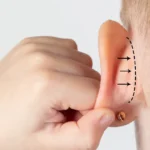
Ear surgery reshapes and balances your look.
Confidence restored with natural, lasting results.

A minimally invasive procedure to clear blocked sinuses and improve breathing.
It relieves sinus infections, nasal congestion, and headaches effectively.
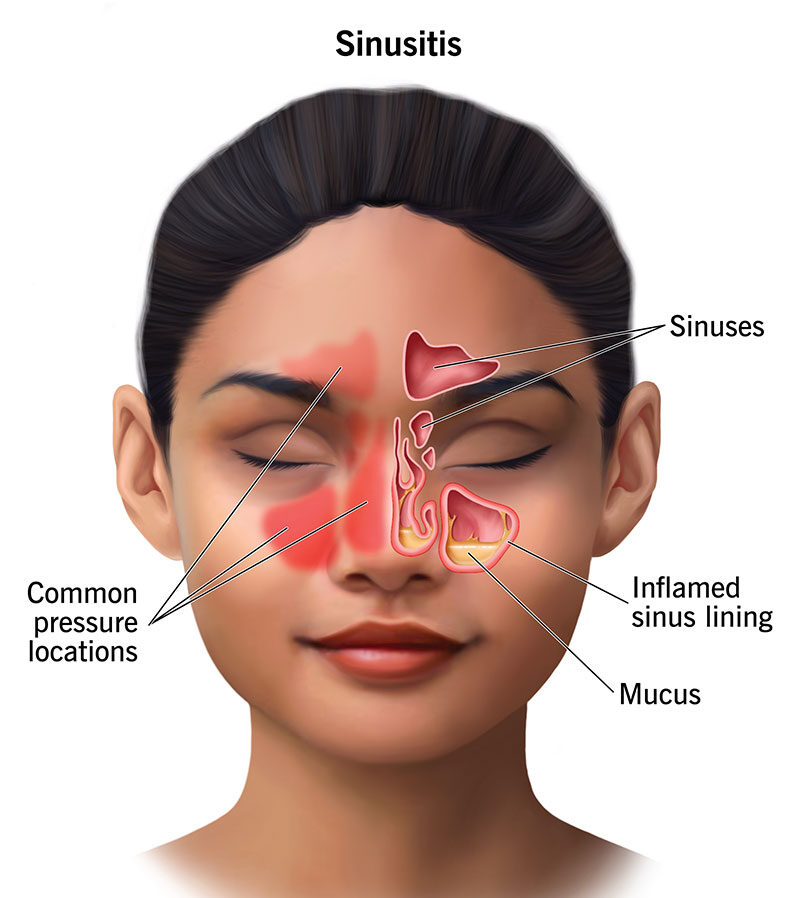
Sinus treatment relieves blockage, pain, and pressure.
Breathe easier with advanced, long-lasting care.
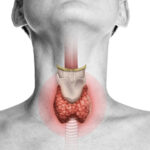
Thyroidectomy removes part or all of the thyroid gland.
It helps treat thyroid nodules, goiter, or cancer effectively.
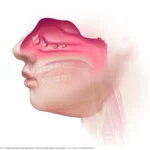
Nasal polyps are soft, painless growths in nasal passages.
Treatment helps restore easy breathing and clear sinuses.
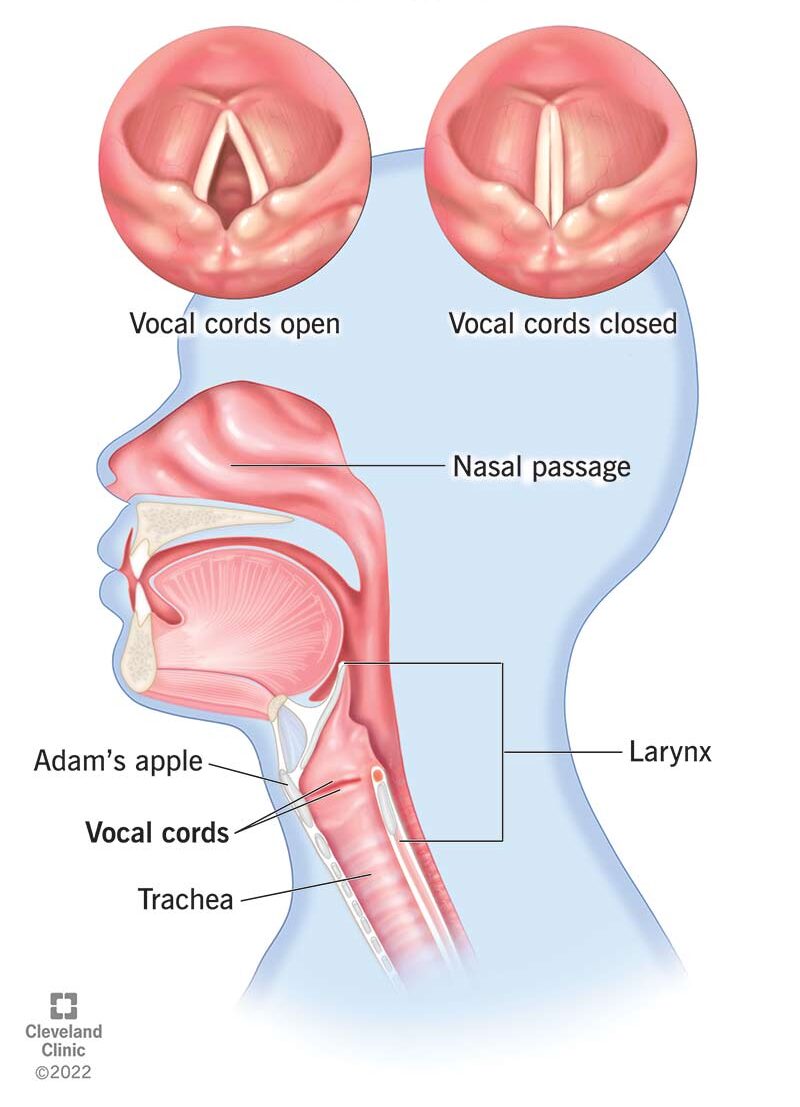
Vocal cord polyp is a benign growth affecting voice.
Treatment restores clear speech and vocal health.
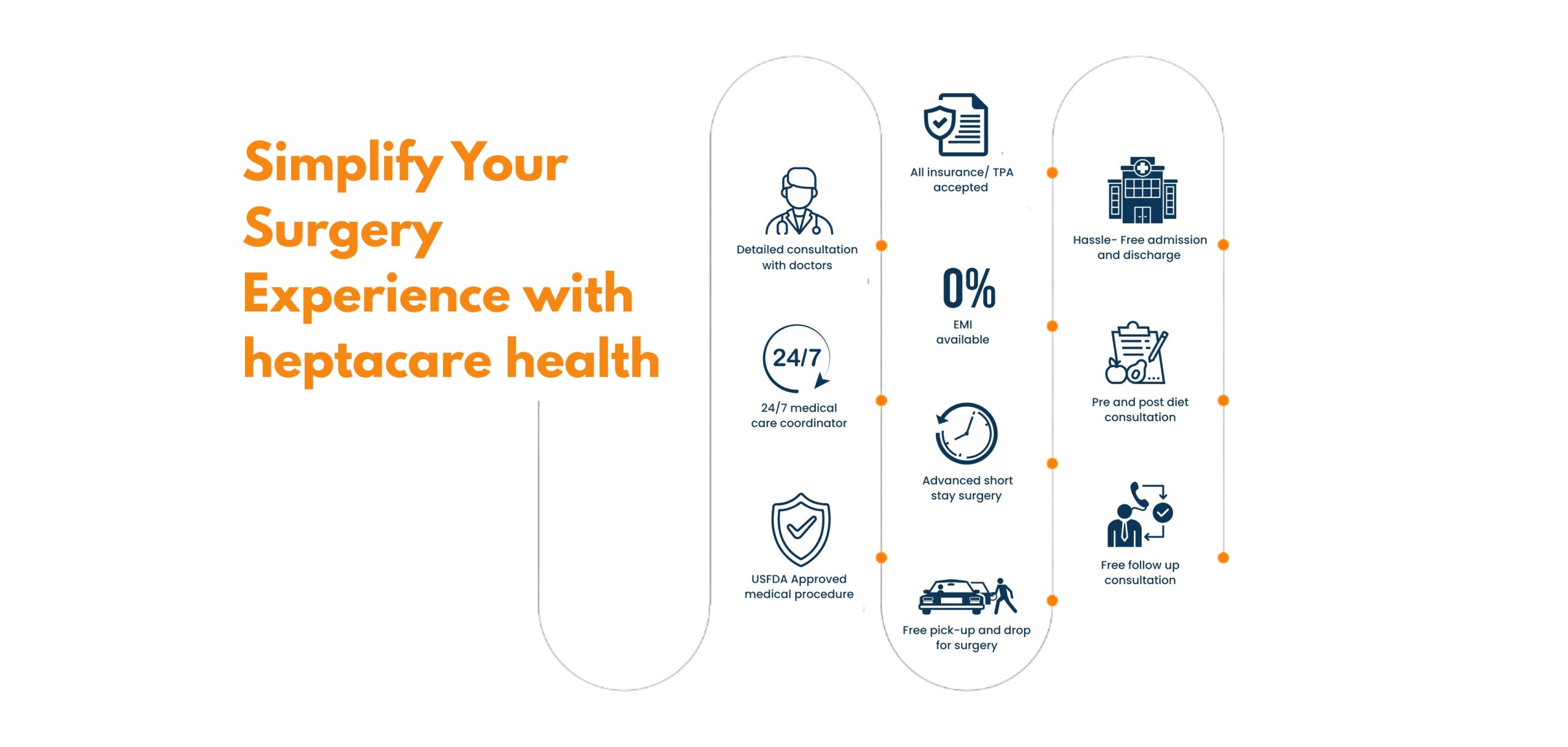
Ear pain or itching may occur due to earwax buildup, infection, allergy, or fungal infection. Avoid inserting objects like earbuds or pins — it can worsen the problem. A proper ENT check-up is recommended.
Never use cotton buds. Instead, use doctor-prescribed ear drops or visit an ENT specialist who can clean your ear safely using suction or irrigation.
Blocked ears can happen due to wax, fluid behind the eardrum, or sinus issues. ENT evaluation and simple cleaning or medication usually fix it.
Tinnitus may result from exposure to loud sounds, ear infections, or nerve-related hearing loss. It’s best to get a hearing test and ENT consultation.
●ear surgery cost in Vizag ● nose surgery cost in Vizag ● throat surgery cost in Vizag ● ENT treatment cost in Vizag ● ear surgery cost in Hyderabad ● nose surgery cost in Hyderabad ● throat surgery cost in Hyderabad ● ENT treatment cost in Hyderabad ● ear surgery cost in Vijayawada ● nose surgery cost in Vijayawada ● throat surgery cost in Vijayawada ● ENT treatment cost in Vijayawada ● low-cost ENT surgery near me ● affordable ENT treatment near me ● low-cost ear surgery near me ● low-cost nose surgery near me ● low-cost throat surgery near me ● best ENT surgery cost near me ● ENT surgery packages in Vizag ● ENT surgery packages in Hyderabad ● ENT surgery packages in Vijayawada ● ENT operation price near me ● ear operation cost near me ● sinus surgery cost near me ● tonsil surgery cost near me ● septoplasty cost near me ● adenoid surgery cost near me ● laser ENT surgery cost near me ● ENT treatment with insurance in Vizag ● ENT treatment with insurance in Hyderabad ● ENT treatment with insurance in Vijayawada ● ENT surgery with EMI in Vizag ● ENT surgery with EMI in Hyderabad
Disclaimer: **The result and experience may vary from patient to patient.. ***By submitting the form or calling, you agree to receive important updates and marketing communications.
Getting an accurate diagnosis can be one of the most impactful experiences that you can have.

cure with care
Copyright © 2025. All rights reserved.
Consult with our expert surgeon for more than 50+ diseases
Happy Patients
Hospitals
Cities